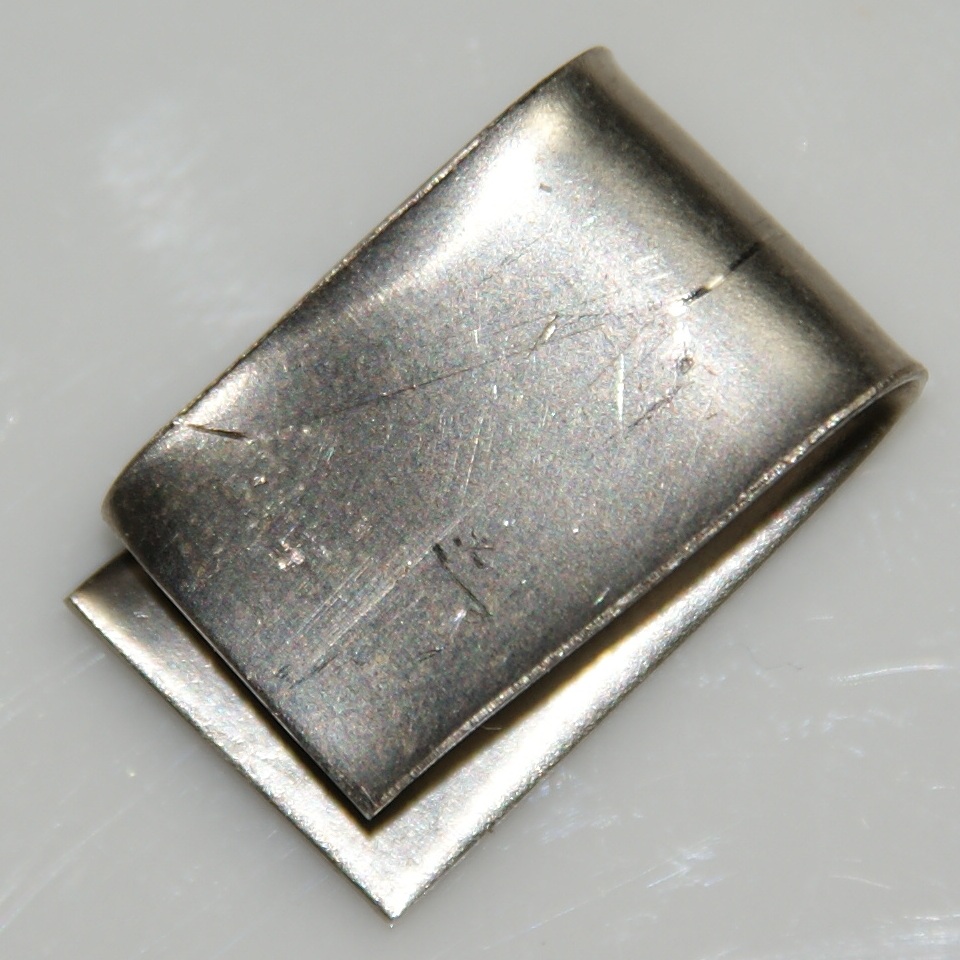
Nickel is one of the most ubiquitous metals available, likely trailing only behind steel, and possibly aluminum. Although it was officially discovered in the 18th century, nickel has been utilized in applications dating back several thousand years. Although it is occasionally mistaken for silver, given its color and hardness, it is much more durable and useful in heavy duty applications. It is this durability which helps it stand out, especially when it is used in alloys. In fact, nickel is incorporated into some super alloys, including Inconel.
Nickel’s Properties
Nickel’s physical properties are what make it a strong choice in alloys and in plating applications. When reduced to powder form, it is quite reactive, given its high surface area. However, when in its traditional bulk form, nickel is inert. The reason for this difference is the metal’s ability to form an oxide layer when exposed to oxygen at room temperature. The oxide layer acts like a seal between the metal and the environment, even though it is invisible. This oxide layer prevents further corrosion, which is why nickel is considered a corrosion-resistant metal in most applications.
Nickel is also ductile and strong, so it can be readily formed into a variety of shapes while retaining its resistance to impact and abrasive forces. Nickel’s ductility is an ideal property to have in any application that requires custom shaping, such as plating applications, where the plating has to be shaped to form around the tool or object.
Where to Find Nickel – Where Can I Find Nickel
Nickel has long been associated with iron. In fact, the first sources of nickel were derived from iron meteorites that also contained a good amount of this metal. While nickel is mined all over the world now, it is not particularly common, as it only forms naturally in a handful of ores. For this reason, it is important that the metal is recycled whenever possible. But where can a scrap metal expert find nickel?
Electroplating Applications
About 15 percent of nickel is utilized in plating applications, and specifically electroplating applications. Electroplating is a form of fine deposition, applying a thin layer of the metal to another surface. In many cases, nickel is deposited onto tools and metal surfaces that require additional corrosion resistance. A popular nickel plating application involves plating plumbing pipes and fixtures. Nickel-plated plumbing can withstand long-term exposure to water and moisture-rich environments. It also maintains its luster, even after regular handling, which makes it a popular choice for bathroom and kitchen fixtures.
Stainless steel
One of the most extensive nickel alloying applications is with stainless steel. Stainless steel normally contains about 10 percent nickel, which gives the popular metal its corrosion resistance, along with a bit more strength. Stainless steel is used everywhere, including vehicle exhaust systems, surgical and dental instruments, operating tables, pipes, valves, storage tanks, oil rigs, cookware, cutlery, kitchen appliances, countertops and even in ice cream makers.
Batteries – Where to Find Nickel
Nickel is incorporated into nickel-metal hydride batteries, referred to as NiMH batteries. NiMH batteries are notable for their ability to be recharged. This has made them a popular option among consumers in a variety of small appliances and tools, especially in the AA and AAA battery form factors. NiMH batteries have also been scaled up for use in a variety of electronic vehicles, including the Toyota RAV4 EV, Ford Ranger EV, Toyota Prius, Honda Civic, and Ford Escape.
Carbide binder
Tungsten carbide is one of the most durable and strongest materials known to man, but it is difficult to work with and expensive, so it can only be used in modest amounts. Tungsten carbide tools are typically used in mining and metalworking applications, where their ability to withstand incredible abrasive forces make them ideal for cutting or various other applications. Binding tungsten carbide teeth together is usually done with a less expensive, but corrosive resistant and tough metal. Nickel is a top choice in this setting and can act as a cementing agent for tungsten carbide.
Alloying
Far and away, the primary application of nickel is in alloying with other metals. Stainless steel, again, is a top nickel alloying application, but it isn’t the only one. Nickel is also used in alloys that contain copper, aluminum, lead, silver, gold, cobalt and chromium. There are more than 3,000 nickel alloys used in commercial and industrial products, as its corrosion resistance and strength make it a versatile addition to most other metals. The most impressive examples of nickel alloying are super alloys like Inconel. Nickel represents at least 50 percent of Inconel composition, with some varieties containing up to 70 percent or more of the metal. Inconel is extremely resistant to temperature, pressure, corrosion and various forces, in large part due to the presence of nickel. Inconel, therefore, is a standard material in things like rockets and in oil and gas components that are exposed to corrosive hydrocarbons.
Nickel is an essential component of everyday life, and most people in the U.S. make use of it in at least one application every day. It’s important, then, to ensure the metal is recycled when possible. To process the impressive amounts of nickel that facilities and yards generate, it takes a scrap metal expert that has experience working with industrial clients. They have the ability to handle tons of metal at once, even if that means chewing through various materials to get to the nickel.
When You Know Where to Find Nickel – Recycle with Our Scrap Metal Recycling Facility
Recycling nickel ensures the metal can be used in critical applications going forward, and keeps it from languishing in landfills. And as metal recovery experts typically provide their services for little cost, it makes sense for any facility that has an excess amount of the metal to call an industrial recycler.
WE BUY NICKLE! CONTACT US TODAY FOR THE BEST PRICE!
